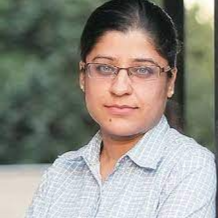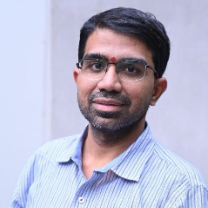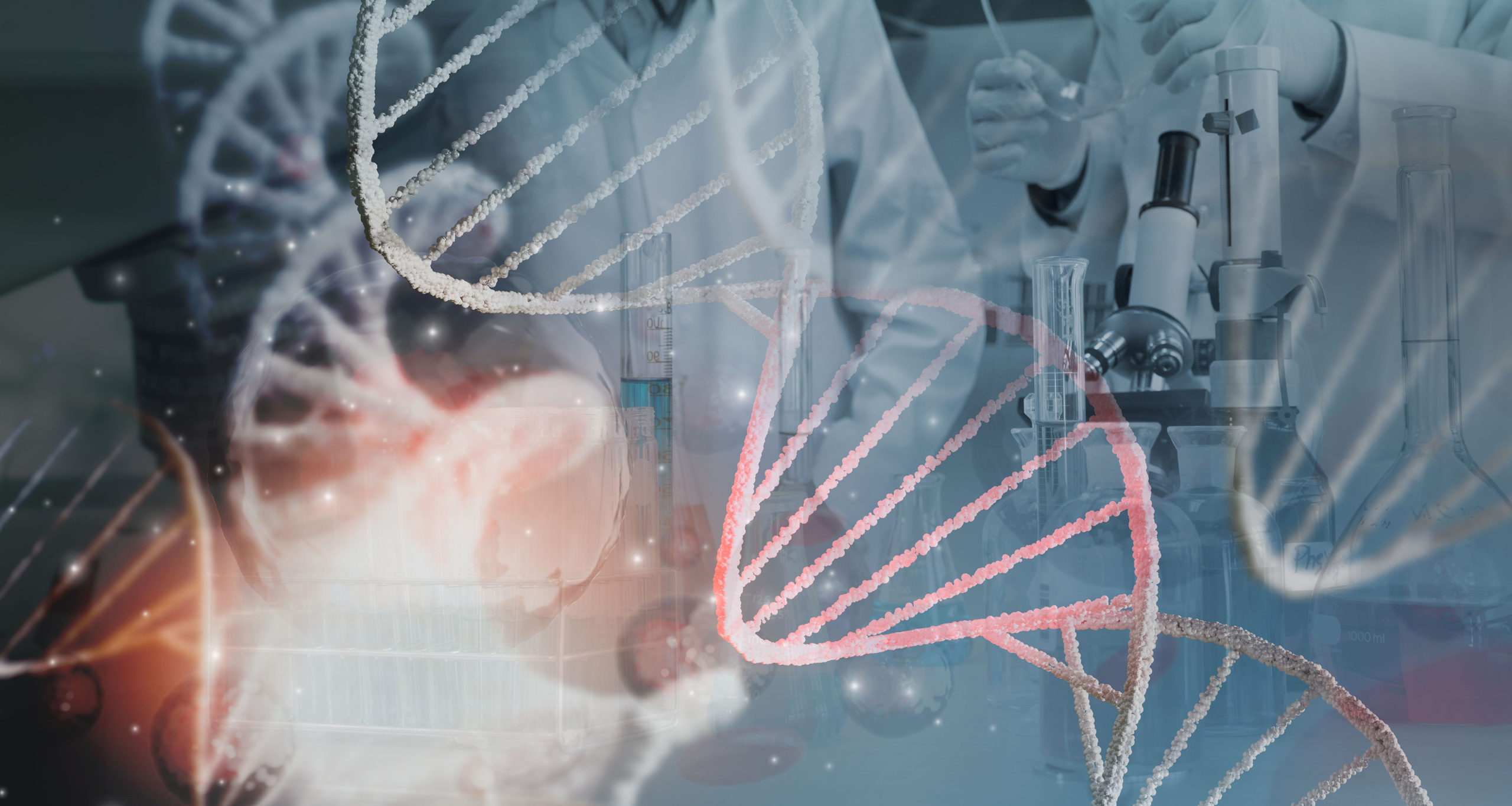Description
The course is aimed at providing exposure to one of the biggest healthcare challenge of antimicrobial resistance the world is facing today with specific focus on how to address the same. The course structure includes understanding concepts of next generation sequence data analysis and utilizing pan-genomics, metabolic reconstruction, protein-protein interactions and AI/ML driven approaches to identify potential drug targets for the most critical pathogens. It is also important to note that microbes undergo rapid evolution when exposed to antibiotics and therefore the challenge is to understand a dynamically evolving system and identify its strengths and weaknesses to devise novel strategies like identification of previously unknown target space based on new mechanisms of bacterial survival under antibiotic exposure and use this knowledge to scan unexplored chemical space. The project-based components in this course are to identify novel target and inhibitor space for the most critical pathogens. The course entails introduction to machine learning, Python programming, network-based methods for target identification, comparative genomics for exploring novel target space, new methods of data-driven drug discovery, etc.
Mode Of Workshop : OFFLINE
Session dates: 4th – 15th December, 2023
Time: 08:00 a.m. – 05:00 p.m.
Last date of Registration: 12th November, 2023
Profile of the Instructor(s)

Dr. Anshu Bhardwaj obtained her Ph.D. in Life Sciences (2008) from Centre for Cellular and Molecular Biology, Hyderabad. The focus of her Ph.D. thesis was on prioritizing Single Nucleotide Polymorphism (SNPs) in disease association studies to identify potential biomarkers. She conceived, designed and implemented crowdsourcing as a tool to tackle challenging scientific problems (Connect to Decode project), which is considered a futuristic approach to drive big data scientific projects. Over years, Dr. Bhardwaj has published several prediction methods, databases and ontology based barcoding methods for genome variation data towards better understanding of genotype-phenotype correlations in addition to state-of-the-art interactome and reactome for Mycobacterium tuberculosis. She and has trained over 500 young students and also writes popular science articles. She served as an Associate scientific advisor to Science Translational Medicine and is on the Editorial board of PLOS Global Public Health, Journal of Genetics, Review Editor for Frontiers in Systems Biology, Protein Bioinformatics and Computational Genomics. She was selected as one of the young Innovator in India by UNDP and for International Visitor Leadership Program by US State Department awarded Newton-Bhabha Fund from the British Council and the Royal Society of Chemistry, UK and long-term Group Leader Fellowship by CRI, Paris, France. Her passion is towards biomedical big data analytics platforms with focus on understanding infection and rare disease biology for better therapeutics and diagnostics.

Prof. Karthik Raman is an Associate Professor at the Department of Biotechnology, Bhupat and Jyoti Mehta School of Biosciences, IIT Madras. Karthik’s research group works on the development of algorithms and computational tools to understand, predict and manipulate complex biological networks. Broadly spanning computational aspects of synthetic and systems biology, key areas of research in his group encompass microbiome analysis, in silico metabolic engineering, biological network design and biological data analysis. Karthik also co-ordinates the Centre for Integrative Biology and Systems medicine (IBSE) at IIT Madras and is a core member of the Robert Bosch Centre for Data Science and Artificial Intelligence (RBC-DSAI). Karthik teaches courses on computational biology and systems biology at IIT Madras, and has also authored a textbook on Computational Systems Biology.
Eligibility & Fees and Screenings
Background / prior courses recommended:
Interest/ experience in biology
Intended audience:
B.Tech/ M.Tech/ DD/ Ph.D
Previous exposure to computer programming will be helpful but not mandatory to take the course
Fees for the workshop:
Free For IITM students
Students – Rs. 11800/- (Rs. 10000 + 18% GST)
Faculty – Rs. 14160/- (Rs. 12000 + 18% GST)
Industry – Rs. 21240/- (Rs. 18000 + 18% GST)
Screenings:
Please fill the form below as a part of screenings for registering in this workshop.
https://docs.google.com/forms/d/e/1FAIpQLSdwHJ2c8K1gzNryZ1oW2A26AYzDVlfsheuCZOlx6SgplffOag/viewform
Certification
The certificates will be issued based on the attendance and Project based assignments




Reviews
There are no reviews yet.